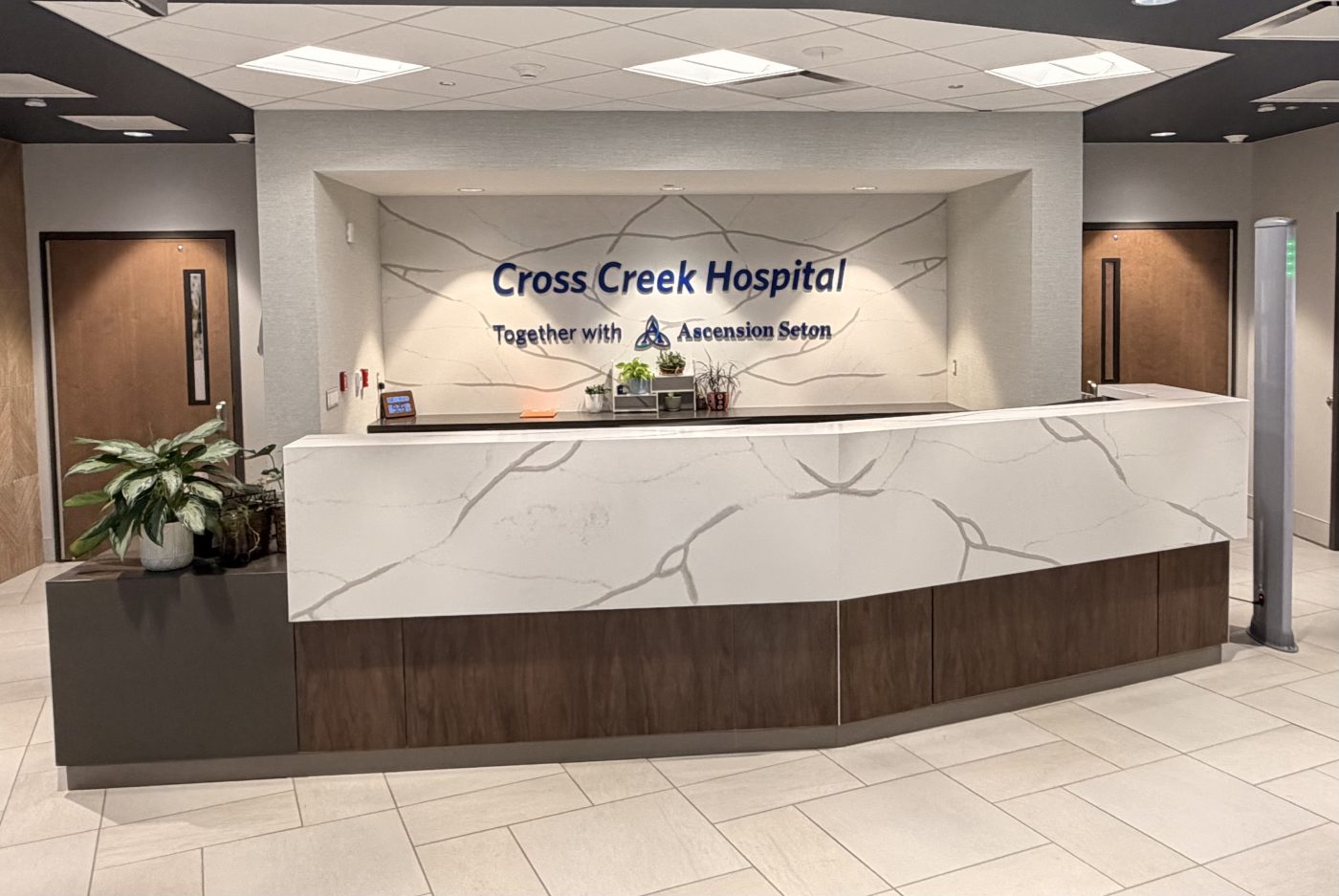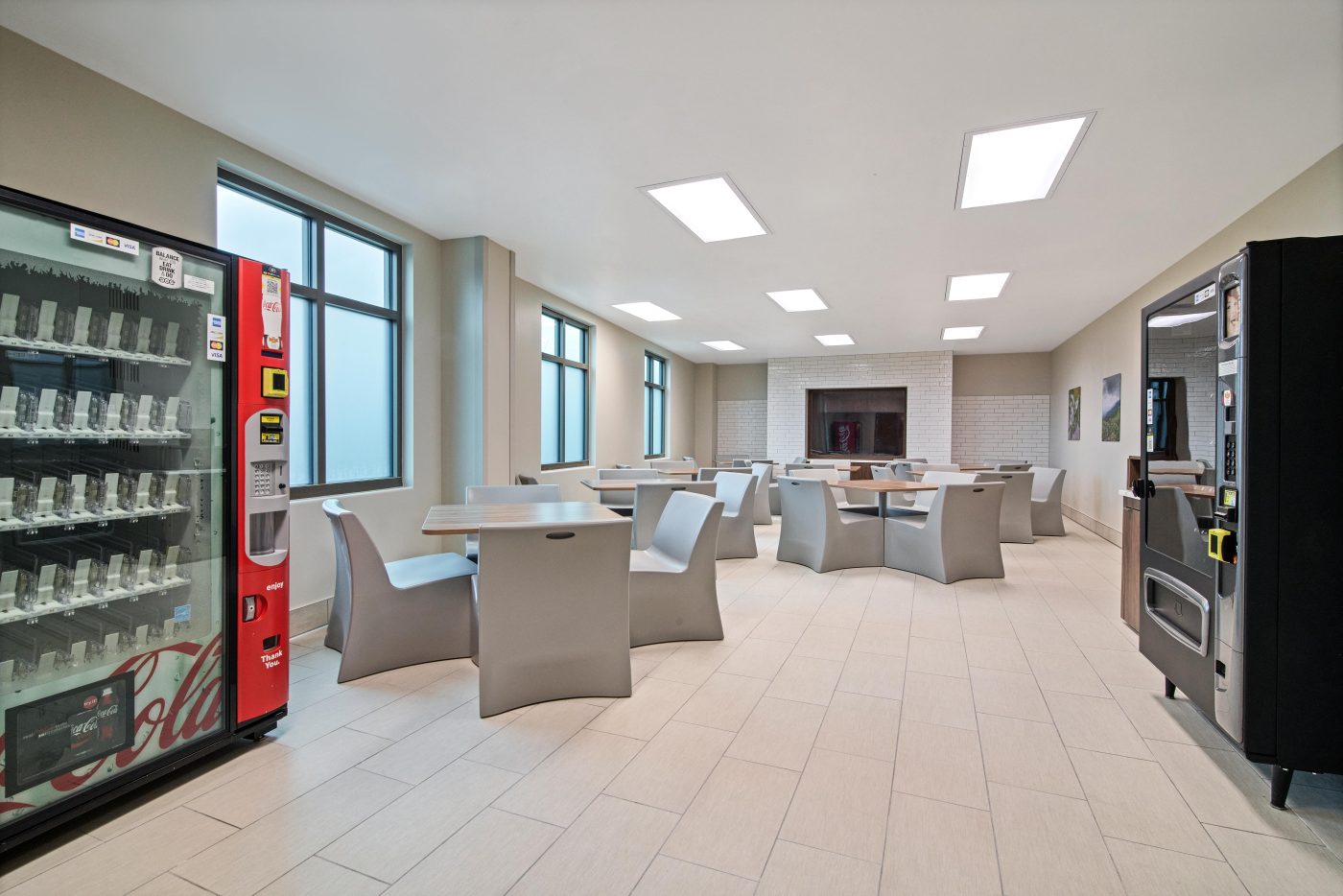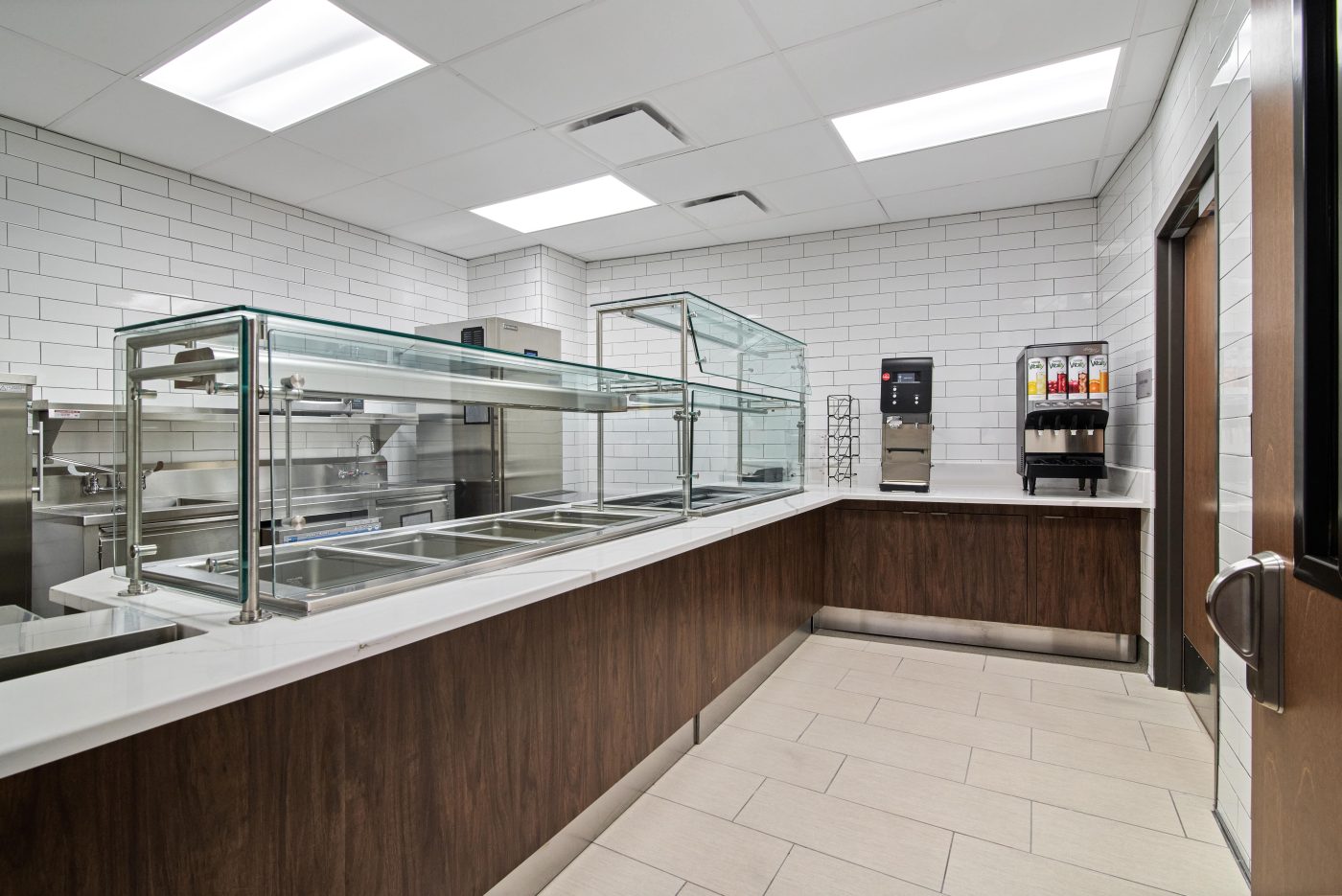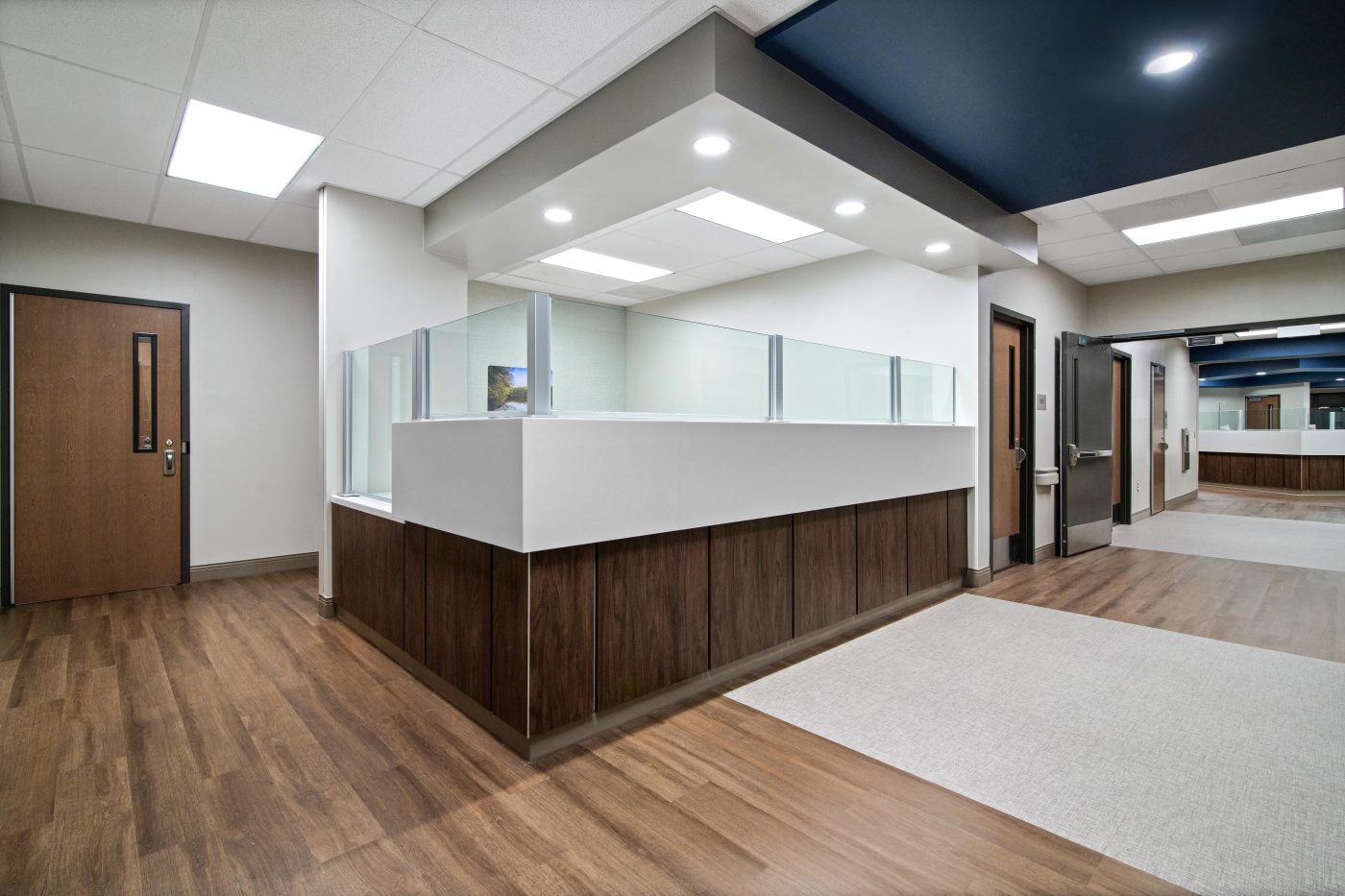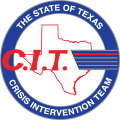Cross Creek Hospital Together With Ascension Seton helps children, adolescents, and adults who are struggling with self-harm through an unmatched quality of care and support. Located in Austin, TX, Cross Creek Hospital Together With Ascension Seton is the leading provider of self-harm.
Learn More About Self-Harm Treatment
Learn more about self-harm treatment at Cross Creek Hospital Together With Ascension Seton in Austin, TX
There are many destructive behaviors that individuals engage in that can elicit negative consequences in their lives. Sadly, one such behavior that countless people partake in is the act of self-mutilation. Also referred to as self-harm or self-injury, self-mutilation consists of actions whereupon an individual purposely inflicts some form of pain onto his or her body. Common methods of self-harm include things such as cutting, burning, picking at skin, pulling out one’s hair, banging one’s head against a wall or hard object, intentionally breaking one’s bones, or drinking harmful substances, such as detergent or bleach. There can be many reasons why a person begins to partake in self-injurious behaviors, and in order for this type of maladaptive behavior to cease, those underlying reasons must be addressed in a therapeutic setting.
Keeping in mind the sensitive nature that surrounds the presence of self-harming behaviors, Cross Creek Hospital Together With Ascension Seton, a hospital for self-harm treatment in Austin, has developed specialized treatment that is tailored to meet the unique needs of patients who are faced with the challenges that accompany this demoralizing and destructive habit. By receiving care at Cross Creek Hospital Together With Ascension Seton, individuals can overcome their need to engage in these dangerous behaviors and find true healing and recovery.
How to Help a Loved One
Helping a loved one get treatment for self-harm
Due to the fact that, when individuals are engaging in self-harming behaviors, they typically do so in private, it can be challenging to recognize whether or not a family member or loved one is partaking in such actions. If you have suspicions that your loved one is, in fact, participating in this form of self-destructive behavior, it is imperative that you take steps in order to determine the accuracy of those suspicions and then work towards helping him or her find a treatment center. Keep in mind the following suggestions:
- Educate yourself on the signs and symptoms that can be indicative of the fact that a person is engaging in self-harming behaviors.
- Confront your loved one about your suspicions, refraining from being judgmental or taking on a lecturing tone.
- Convey a sense of compassion and empathy, allowing your loved one to feel comfortable opening up and being honest about the distress that he or she is feeling that has led to the onset of these self-harming behaviors.
- Research treatment centers that may be beneficial at helping your loved one overcome his or her compulsion to self-harm. Present your loved one with your findings and offer to accompany him or her to any appointments that are made as you further research which hospital will best meet his or her needs.
- Be an active part of the therapeutic process. By doing so, you are drastically heightening the likelihood that your loved one will be successful in treatment.
Why Consider Treatment
Why consider treatment for self-harm at Cross Creek Hospital Together With Ascension Seton in Austin, TX
Once an individual has found a sense of solace in the act of self-harm, it can be exceedingly difficult for him or her to stop the behaviors. However, there are countless negative consequences that can result from these actions, and the longer that the behaviors persist, the more detrimental the consequences can be. Depending on the methods that one uses to inflict pain onto him or herself, the physical damage can vary. Things such as permanent scarring, irreversible tissue damage, nerve damage, and the onset of permanent numbness or weakness in certain parts of the body can all result from self-injurious behaviors. Additionally, one’s emotional state will inevitably continuously deteriorate the longer that these actions persist. The majority of individuals who self-harm will experience chronic feelings of shame and disgust with themselves, their sense of self-worth will drastically decrease, and excessive levels of anxiety and depression can be evoked. Most devastatingly, any time an individual engages in the act of self-mutilation, he or she is placing him or herself at risk for unintentionally ending his or her life. Fortunately, by seeking the best treatment options at a self-harm hospital, such devastating consequences can be successfully avoided.
Types of Treatment
Types of self-harm treatment offered at Cross Creek Hospital Together With Ascension Seton in Austin, TX
At Cross Creek Hospital Together With Ascension Seton, a self-harm treatment center in Austin, we are devoted to providing everyone who seeks care at our hospital for the treatment of self-harming behaviors with the respect and dignity that they deserve. Our hospital’s all-encompassing goal is to help men, women, and adolescents improve their overall functioning by helping them to stabilize and to continue their recovery with new tools that they will be taught in the treatment setting. We are proud to be able to achieve this goal by utilizing the structure and processes of a treatment model that combines cognitive-behavioral therapy, experiential therapies, and didactic therapies.
All of the treatment methods implemented in our inpatient treatment center when caring for individuals who are struggling with the compulsion to self-injure utilize a multidisciplinary focus in order to ensure that an integrated approach to treatment that facilitates increased stabilization and growth is received by all patients. Furthermore, we place a high regard on the involvement of our patients’ families, knowing that their contribution to the therapeutic process is paramount to successful healing at our treatment center for self-harm. The emphasis of our treatment center here at Cross Creek Hospital Together With Ascension Seton is not diagnosis-specific, but rather focuses on treating the symptoms that are plaguing each individual. We are devoted to implementing a truly holistic approach that aims to maximize patient care at our hospital and help them achieve their highest level of functioning.
The following methods for care may be incorporated into the individualized treatment plans that are given to each adolescent, adult, and senior adult who are engaged in services for self-mutilation at Cross Creek Hospital Together With Ascension Seton:
Medication management at our hospital: In some instances, the use of psychotropic medications, namely anti-depressants and/or anti-anxiety agents, are used in conjunction with other therapeutic methods as a means of fully treating the underlying reasons for why individuals begin to engage in self-harming behaviors. A patient’s need for medication, however, is always determined on a case-by-case basis. Patients meet with a psychiatrist at least once each day so that the therapeutic effectiveness of any medications that have been prescribed can be monitored and changes can be made when necessary. Additionally, there are also nurses on our hospital staff who assist in monitoring medication needs.
Individual therapy at our treatment center: This individual case consultation will occur at a minimum of once each week, but additional sessions can be added whenever needed or deemed beneficial to the patient. Various members of our patients’ treatment teams, including their assigned individual therapists, provide such consultations and afford patients a time to meet one-to-one to discuss any concerns they have, process through the various emotions they are experiencing, and to track treatment goals.
Family therapy at our hospital: Family involvement is important in the overall success of treatment for our patients who are plagued by the compulsion to self-harm. Keeping this in mind, family therapy sessions are held at least once each week for our adolescent patients and are held on as-needed basis for our adult patients. For the family members of those who are struggling with the need to self-harm, this can be a time for them to learn about the reasons behind why some individuals turn to self-mutilation as a coping mechanism, as well as to become educated on the mental health conditions that self-injury is typically symptomatic of. These sessions can also afford family members an opportunity to gain valuable knowledge on ways in which they can be of best support to their loved one.
Group therapy at our treatment center: Group therapy is a significant component to the treatment options offered here at Cross Creek Hospital Together With Ascension Seton. The types of groups that our patients may engage in can include:
- Education groups teach patients about the origin and the nature of the disorder(s) and self-harming compulsions that they are suffering from. In these groups, patients learn to identify problems, form a treatment plan, and work effectively on obtaining recovery and maintaining stability.
- Process groups provide a structured setting for the discussion of issues and concerns that are identified by patients. This group focuses on the processing of feelings, internal communication and cooperation, and participation in healthy group feedback.
- Addictions groups apply the 12-step addictions model for recovery to a wide range of self-destructive behaviors, including self-mutilation, disordered eating, and unhealthy personal relationships.
- Journaling groups provide a structured setting for developing therapeutic and recovery skills in the form of journaling, keeping a diary, completing homework assignments, and other writing tasks.
- Music therapy groups provide an emotionally evocative group setting that is designed to provide the participants with an opportunity to practice affect management skills.
- Healthy relationships groups focus on developing social skills and practicing healthy interactions. It provides a forum for structured, supportive risk-taking and practicing assertiveness, and the giving and taking of feedback.
- Discharge planning groups provide an opportunity for building skills that will improve the quality of life after discharge and reduce the likelihood that self-destructive behaviors will re-emerge, preventing the possibility of future readmission.
Experiential therapy at our hospital: In an attempt to provide a truly holistic approach to treatment, the staff at Cross Creek Hospital Together With Ascension Seton offers a number of experiential therapeutic options for patients who are battling the compulsion to self-harm using things such as psychodrama and recreational techniques. These therapies are designed to teach patients skills for appropriate risk-taking, internal communication and cooperation, and expressing needs and fears in a healthy way. Examples of the experiential therapies that patients may engage in while at our Austin-based treatment center include:
- Physical wellness and exercise therapy program
- Animal assisted therapy
- Art therapy – This type of therapy is used to teach nonverbal strategies for expressing thoughts, feelings, and behavior in a healthy fashion. It is meant to be a technique for individuals to learn how to “tell without talking.” The art therapy groups also involve verbal processing of the artwork that is created.
- Relaxation integration – This type of experiential modality is designed to increase self-esteem, motivation, and energy levels by providing a forum for learning and practicing leisure and social skills, while also developing healthy support systems.
Continuing Care
Continuing care and levels of treatment for self-harm
At Cross Creek Hospital Together With Ascension Seton, we want to ensure that each patient will have continued success in healing and maintaining recovery after completing inpatient care for the treatment of self-harming behaviors at our hospital. In order to do this, we make it a priority to begin discharge planning from the moment a patient is admitted into our hospital. This plan coincides with a patient’s treatment plan and aims to address any concerns or needs for further, less intensive treatment after engaging in our treatment.
Our caring and compassionate treatment staff will work with patients and their families to determine the most appropriate and effective treatment recommendations that will allow our patients to refine and build upon the skills learned at Cross Creek Hospital Together With Ascension Seton in Austin, Texas. Recommendations will be provided based on each patient’s needs so that the treatment goals achieved while at our hospital can be upheld and exceeded, decreasing a patient’s need for a higher level of care going forward. Furthermore, a member of our staff will contact patients 48 to 72 hours after being discharged to ensure that a successful transition from Cross Creek Hospital Together With Ascension Seton to each patient’s respective community or continuing care center has been achieved.
At Cross Creek Hospital Together With Ascension Seton, we will do all that we can to help you or a loved one overcome the devastating urge to chronically self-harm and become well again so that a much deserved bright future is realized and within reach.







